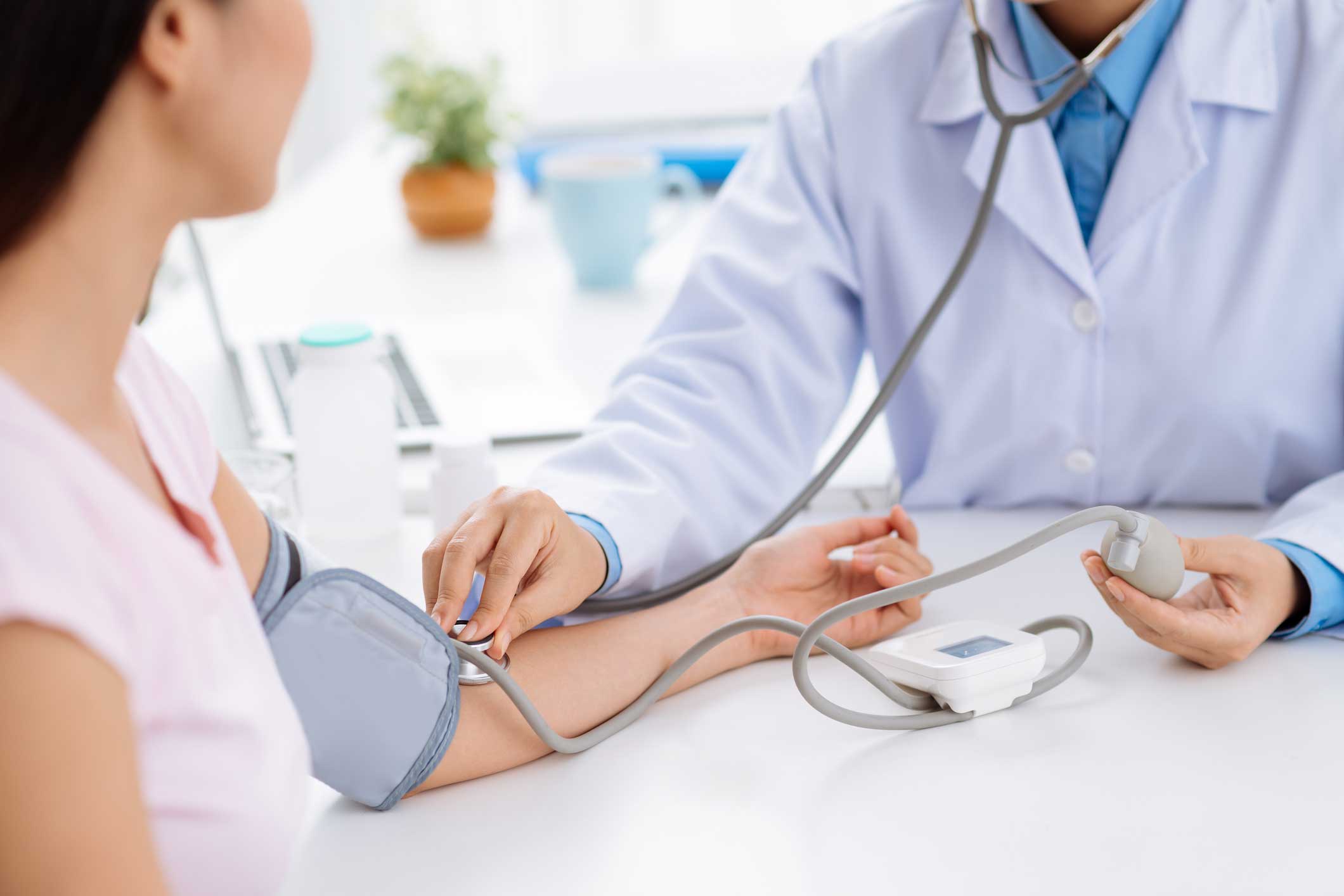<< Back
Why You Might Not Know If You Have High Blood Pressure

May 23, 2016
While a growing number of Americans are seeking treatment for high blood pressure (hypertension), many remain unaware they have it. High blood pressure is a leading cause of life-threatening conditions such as stroke, heart attack, and kidney failure.
Blood pressure is the force with which blood is pumped out of the heart. Hypertension occurs when blood moves through the arteries at a higher-than-normal pressure. It is recorded as two numbers — the systolic pressure (top number) reflects the heart beating, while the diastolic pressure (bottom number) reflects pressure when the heart is relaxing between beats.
In 2003, a report called JNC7 recommended blood pressure targets for Americans. In general these targets were set lower than had been proposed by a national advisory panel. Before JNC7, readings below 140/90 — measured in millimeters of mercury (mmHg) — had been considered normal. According to JNC7 recommendations, normal blood pressure is below 120/80. The report also identified pre-hypertension as a reading from 120/80 to 140/90, recommending lifestyle improvements to prevent blood pressure increases in persons who are pre-hypertensive. These lower blood pressure recommendations were aimed at identifying individuals at risk for hypertension earlier, in order to prevent or delay the disease.
Hypertension is a very common diagnosis among Americans. Although the cause of most cases of hypertension is not known, things like alcohol consumption, older age, and obesity are risk factors. Weight reduction has been shown to help lower blood pressure. Other highly beneficial practices include adopting a diet rich in fruits, vegetables, whole grains and low-fat diary, reducing alcohol and sodium, and engaging in daily exercise.
Many people will need to take two or more medications to achieve complete control of blood pressure, although sometimes these can be given as a single — combination pill.
Increasing exercise and reducing salt and weight will help to ensure maximum drug effectiveness. Most people can take blood pressure drugs with few side effects and have an excellent prospect of improving the length and quality of their lives. With discipline and careful monitoring, you and your doctor can work together to appropriately manage and treat hypertension.
Looking for a primary care physician? Visit the Hartford HealthCare Medical Group. To learn more about high blood pressure and heart disease, visit the Heart & Vascular Institute by clicking here.